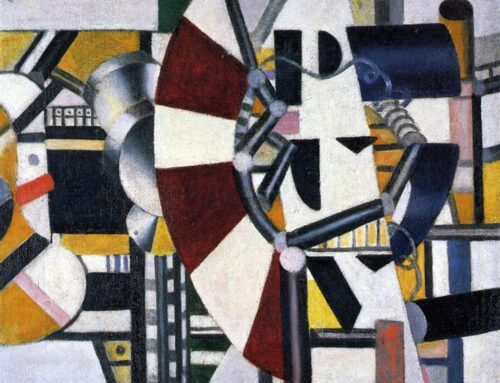Geometry and self-understanding: how mathematical principles can help us know ourselves.
It is an infirmity natural to man to believe that he possesses truth directly; and thence it comes that he is always disposed to deny every thing that is incomprehensible to him; whilst in fact he knows naturally nothing but falsehood, and whilst he ought to receive as true only those things the contrary of which appear to him as false.
And hence, whenever a proposition is inconceivable, it is necessary to suspend the judgment on it and not to deny it from this indication, but to examine its opposite; and if this is found to be manifestly false, we can boldly affirm the former, however incomprehensible it may be. Let us apply this rule to our subject.
There is no geometrician that does not believe space divisible ad infinitum. He can no more be such without this principle than man can exist without a soul. And nevertheless there is none who comprehends an infinite division; and he only assures himself of this truth by this one, but certainly sufficient reason, that he perfectly comprehends that it is false that by dividing a space we can reach an indivisible part, that, is, one that has no extent….
Those who will not be satisfied with these reasons, and will persist in the belief that space is not divisible ad infinitum, can make no pretensions to geometrical demonstrations, and although they may be enlightened in other things, they will be very little in this; for one can easily be a very capable man and a bad geometrician.
But those who clearly perceive these truths will be able to admire the grandeur and power of nature in this double infinity that surrounds us on all sides, and to learn by this marvellous consideration to know themselves, in regarding themselves thus placed between infinitude and a negation of extension, between an infinitude and a negation of number, between an infinitude and a negation of movement, between an infinitude and a negation of time. From which we may learn to estimate ourselves at our true value, and to form reflections which will be worth more than all the rest of geometry itself.
Blaise Pascal, “Of the Geometrical Spirit”






Leave A Comment